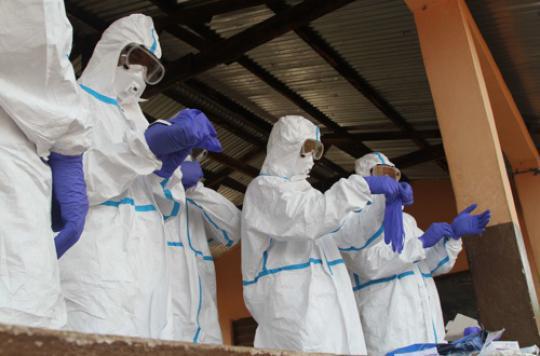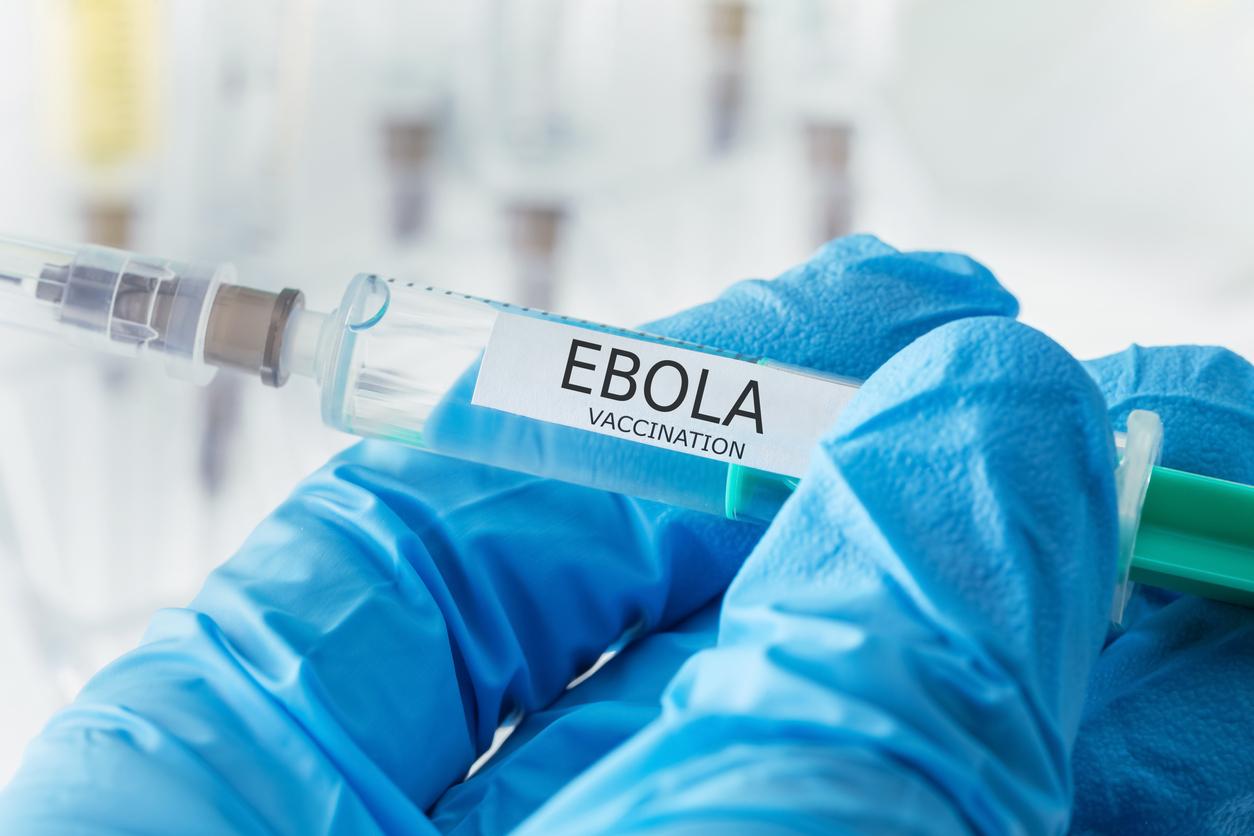France has exceptionally authorized the import and use of three experimental drugs capable of curing Ebola. The infected MSF nurse in Liberia will be able to benefit from this.

Three experimental treatments will be tested in France to try to treat the Ebola virus. A stop published in the Official Journal authorizes exceptionally and “by way of derogation” the import and use of ZMapp, Favipiravir and TKM-100802, which come respectively from Japan, the United States and Canada. The contaminated French volunteer, a nurse from Médecins Sans Frontières (MSF) is currently at the Bégin military hospital, near Paris. She will benefit from it.
The text indicates that “These drugs can be used during a medical evacuation of nationals for whom the French State is responsible”. None of these treatments has really proven its effectiveness in patients with Ebola. They are among the experimental drugs selected by the World Health Organization (WHO) that can be used under certain conditions. In France, their choice is the result of scientific consultation.
The ZMapp
ZMapp is a cocktail of three “monoclonal” antibodies, developed by Mapp Bio (Biopharmaceutical). It is partly derived from tobacco. It was funded by the US government and military in conjunction with Canadian health authorities. It is one of the most promising products.
The drug has been the subject of a phase I clinical trial since September 2. It has been administered to two Americans, including Dr. Kent Brantly, 33, and missionary Nancy Writebol, 60, both of whom have been healed. A 75-year-old Spanish priest and a Liberian doctor, who had also received the drug, have died.
“There are only a few doses available,” explains Professor Jean-François Delfraissy, director of the Institute of Microbiology and Infectious Diseases (IMMI), to AFP. About fifty new doses are said to be in the process of being manufactured and should be available in early December.
The TKM-110-802
The TKM-100802 is made using the same manufacturing process as TKM-Ebola, according to the manufacturer of the Tekmira company that is developing it. This new formulation would be more effective.
The Canadian company specializes in the manufacture of small therapeutic molecules, known as “interfering RNAs”, against various diseases. To treat Ebola, the molecule placed in lipid nanoparticles blocks both an envelope protein of the virus and an enzyme (polymerase) necessary for its multiplication. Tekmira was awarded a $ 140 million contract from the US Department of Defense for the development of the drug.
Researchers have several data in animals, but none in humans. This drug had been stopped because of its toxicity by the American Food and Drug Administration (FDA), which then relaunched it. About forty doses are currently available.
Favipiravir (or “T-705”)
Another potential treatment is Favipiravir (or “T-705”), an influenza antiviral drug from Toyama Chemical, a subsidiary of FujiFilm. Marketed under the name “Avigan”, it was approved in March in Japan as an antiviral against influenza. A spokesperson for Fujifilm told AFP that he was in talks with the US authorities to test it.
Its administration in the form of tablets could facilitate treatment in areas with limited medical infrastructure. The Japanese group reportedly received requests from abroad and said it was “ready to respond to individual requests (from medical workers).” A spokesperson had assured last August to have “sufficient reserves for more than 20,000 people”. A trial would be planned in Guinea.
.










